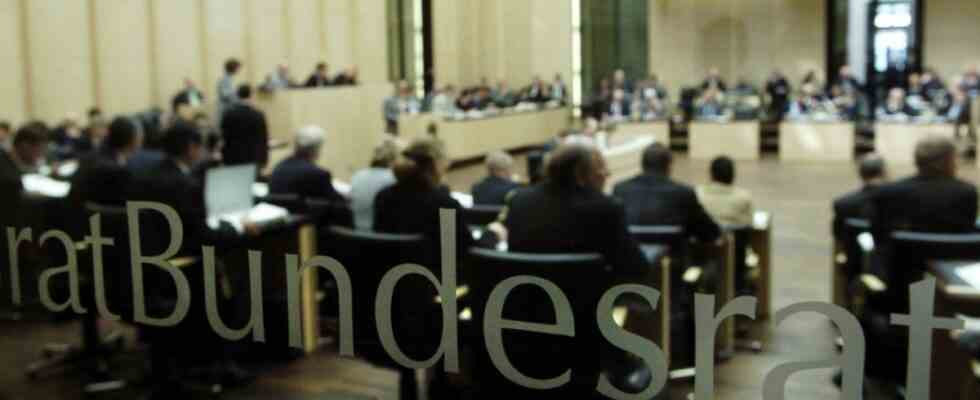Large corporate scandals are almost always uncovered because a man or woman is brave and reports information about them. The employees or insiders correct misconduct by companies and thus ensure more fairness on the market overall. But they often do so with a high price: Whistleblowers often have disadvantages at work after the disclosure of internal messes and have to deal with reprisals such as dismissals, warnings or bullying.
The European Union wants to counteract this and already issued a directive in 2019, which the member states should have transposed into national law by December 2021. It requires countries to set up an effective system to protect important whistleblowers. Germany has not managed to do this to this day because the SPD and the Union in the old federal government under Chancellor Angela Merkel (CDU) could not agree on a draft law. This has already brought the Federal Republic of Germany infringement proceedings at EU level and a lot of criticism.
Then came the change of government and with it new hope for the law. In December 2022, the government then managed to get a corresponding draft law through the Bundestag. On Friday (February 10), the draft should finally clear the last hurdle and be formally waved through in the Federal Council. But this is exactly where the draft threatens to stumble in the last few meters. SZ–According to information, there is resistance in some federal states, which could ultimately block the draft law. Several federal states did not want to officially say how they want to vote in the Bundesrat on Friday. But according to reports, resistance to the current version has developed in federal states with Union participation. This becomes a problem because a federal state always votes uniformly in the Bundesrat. If there is no unity in your own coalition, you abstain. If this means there are not enough votes for an absolute majority, a law cannot be approved. This could now also threaten the Whistleblower Protection Act, as it is to be called, because the federal states with Union government participation are in the majority.
That would not come as a complete surprise: the Union faction had already had a vote in the Bundestag voted against the bill. Among other things, they criticize the high bureaucratic hurdles and costs for companies. In the Bundestag debate, Martin Plum (CDU) said to Federal Justice Minister Marco Buschmann (FDP): “This law will burden 90,000 companies in our country with additional costs and new bureaucracy.” In addition, he criticizes that the tasks for registration offices, for example, remain “vague” in the current version. Buschmann, on the other hand, emphasized that the draft law was as bureaucratic as possible.
A new vote could be months in coming
But what happens if there is a blockade in the Bundesrat? It is currently most likely that the federal government will call the mediation committee. There would then be negotiated again on the template. Instead of immediately, a new vote in the Federal Council could then take months and thus significantly delay the entry into force. So Germany would once again miss implementing the EU directive, which was actually due at the end of 2021. In addition, observers fear that another amendment to the Whistleblower Protection Act could further water down and weaken it.
In the current version, the legislator provides that whistleblowers can turn to internal as well as external reporting systems. These become mandatory for companies with more than 50 employees. There should be the possibility to contact an external reporting office, which should be set up in addition to the existing ones in the financial supervisory authority Bafin and the Federal Cartel Office. Under certain circumstances, the whistleblower should also be allowed to make the grievances public. Dismissals as a result of a report should then be prohibited, as well as other retaliatory measures.
The whistleblower network already criticized this compromise as insufficient. “Unfortunately, the compromise reached by the traffic light groups is characterized by a spirit of distrust in whistleblowers and the fear of disclosure,” said Kosmas Zittel, Managing Director of the network, on the occasion of the adoption in the Bundestag. Among other things, he complains that whistleblowers should primarily report internally. And that certain matters, such as national security, are exempt. In addition, there is no support fund that would bear the costs of legal or psychological support for whistleblowers.

